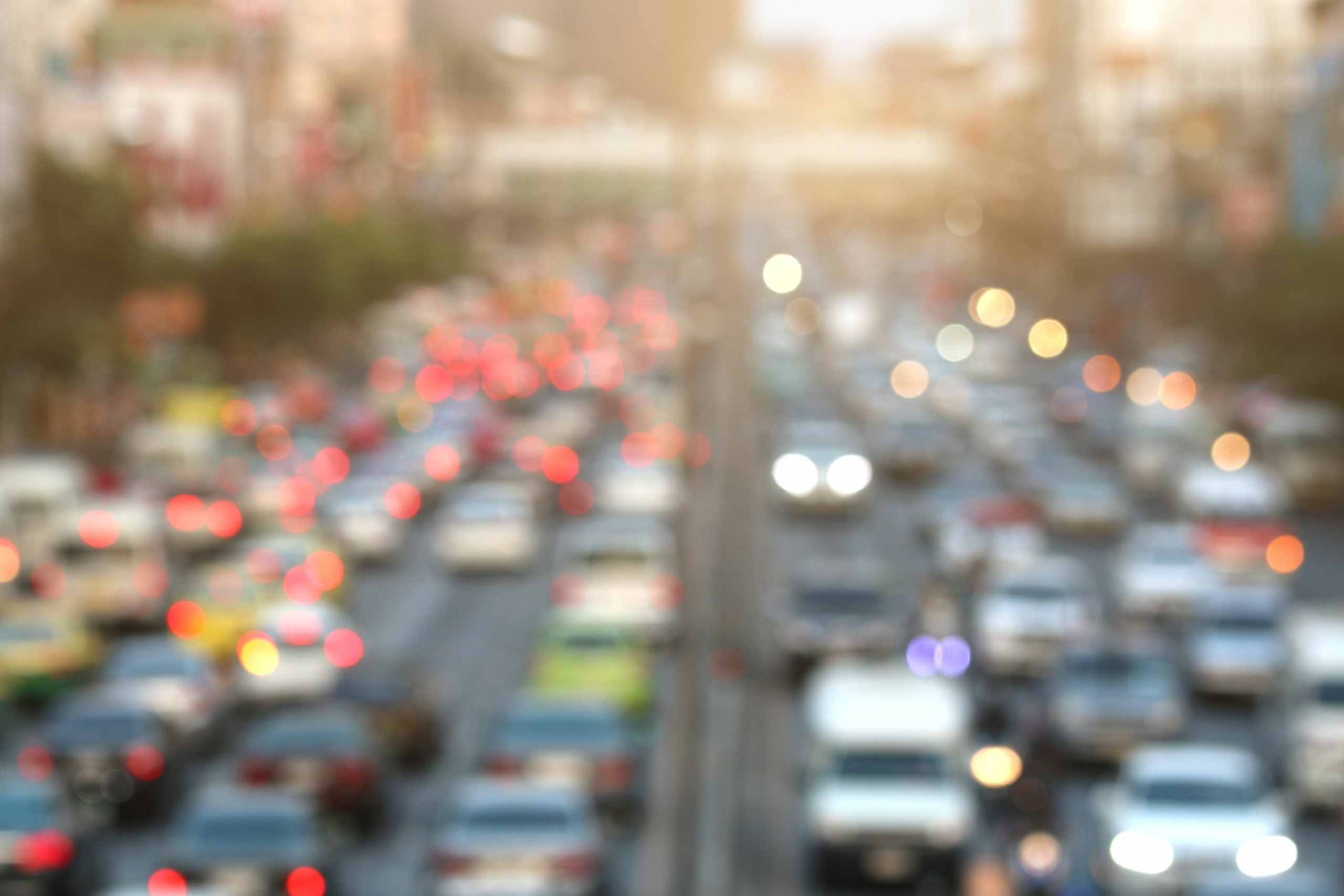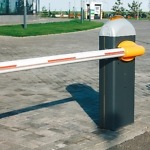Urbanization and Transportation: Navigating the Challenges

Urbanization has become an unstoppable force in today’s world. As more people move to cities in search of better opportunities and an improved quality of life, urban areas face numerous challenges. One of the most pressing issues we face in these urban environments is traffic congestion.
Millions of vehicles squeeze into city streets daily, causing delays, frustration, and a significant waste of time and resources. Traffic congestion impacts our productivity and well-being and contributes to air pollution and greenhouse gas emissions, further exacerbating the environmental problems we already face.
Urbanization and Transportation are intrinsically linked. The more urbanized an area becomes, the greater the demand for efficient transportation. Let’s delve deeper into this relationship and understand the intricacies involved.
The Urbanization Phenomenon
Urbanization is the process by which rural areas transform into urban areas, characterized by population growth, industrialization, and infrastructure development. It’s a global trend, and by 2050, it’s estimated that 68% of the world’s population will reside in urban areas. This rapid urbanization is a key driver of traffic congestion.
Impact on Transportation
Growing Pains of Transportation Systems
The surge in urbanization has had a profound impact on transportation infrastructure. With more people moving to cities, the existing road networks designed for a smaller population are now struggling to accommodate the increased traffic. As a result, gridlock has become a common sight, with commuters spending a significant amount of time stuck in traffic jams.
The consequences of this strain on transportation infrastructure are far-reaching. Longer commute times have become a daily frustration for many who must navigate through congested roads to reach their destinations. The stress and inconvenience caused by these traffic bottlenecks can affect mental health and overall well-being.
Furthermore, the negative impact is not limited to individuals. Businesses also suffer as transport delays lead to increased costs and decreased efficiency. This strains the economy and affects the competitiveness of urban centers.
Pollution and Environmental Concerns
The dense traffic in urban areas contributes significantly to air pollution. This not only affects the environment but also poses health risks to residents. Finding eco-friendly transportation solutions is crucial.
One of the key factors driving air pollution in urban areas is the excessive use of traditional vehicles that run on fossil fuels. These vehicles emit harmful pollutants like carbon dioxide, nitrogen oxides, and particulate matter, contributing to the deterioration of air quality. The consequences of poor air quality are far-reaching, affecting the environment and the overall well-being of individuals residing in these areas.
Solutions for Urban Transportation
Mass Transit Systems
Investing in efficient mass transit systems such as subways, light rails, and buses can alleviate traffic congestion. These systems offer a convenient alternative to private vehicles.
Sustainable Commuting
Promoting biking and walking as viable commuting options reduces the number of vehicles on the road and reduces emissions. Encouraging carpooling and ridesharing can also make a significant difference.
Smart Traffic Management
Leveraging technology for traffic management can optimize traffic flow and reduce congestion. Smart traffic lights, real-time traffic data, and predictive analytics help make cities more navigable.
By implementing intelligent traffic control systems, cities can monitor and adjust traffic signal timings based on the current traffic conditions. This allows for more efficient movement of vehicles, reducing delays and improving overall traffic flow.
In addition, the availability of real-time traffic data enables drivers to make informed decisions about their routes, avoiding areas of heavy congestion. The use of predictive analytics further enhances traffic management by analyzing historical data and making predictions about future traffic patterns. This allows for proactive planning and the implementation of measures to alleviate potential congestion hotspots.
With technology playing a pivotal role in traffic management, cities can create a smoother and more efficient transportation network, benefiting residents and commuters.
Adapt and Innovate
Urbanization and its impact on transportation systems present formidable challenges. However, we can navigate these challenges effectively with innovative solutions, sustainable practices, and a collective effort.
Promoting eco-friendly transportation, investing in mass transit, and embracing technology can create more accessible and livable cities for future generations.
Remember, the key to addressing traffic congestion in urban areas lies in our ability to adapt and innovate. As our cities continue to evolve, so must our transportation systems.
FAQs
How does urbanization contribute to traffic congestion?
Urbanization leads to increased population density, which, in turn, results in more vehicles on the road. This overcrowding of roads and highways causes traffic congestion.
Are there any benefits to urbanization?
Yes, urbanization can bring economic growth, improved access to healthcare and education, and cultural diversity. However, managing its challenges is essential.
What role does public transportation play in reducing traffic congestion?
Public transportation provides an eco-friendly and efficient alternative to private vehicles, reducing the number of cars on the road and easing congestion.
How can individuals reduce their carbon footprint in urban areas?
Individuals can reduce their carbon footprint by using public transport, carpooling, biking, or walking. Additionally, adopting electric vehicles can help lower emissions.
Are smart city initiatives effective in addressing traffic congestion?
Smart city initiatives, such as smart traffic management systems and integrated public transport, can significantly reduce traffic congestion and enhance urban mobility.
What are some successful examples of cities addressing traffic congestion?
Cities like Singapore and Zurich have successfully tackled traffic congestion through a combination of efficient public transport, congestion pricing, and urban planning.

